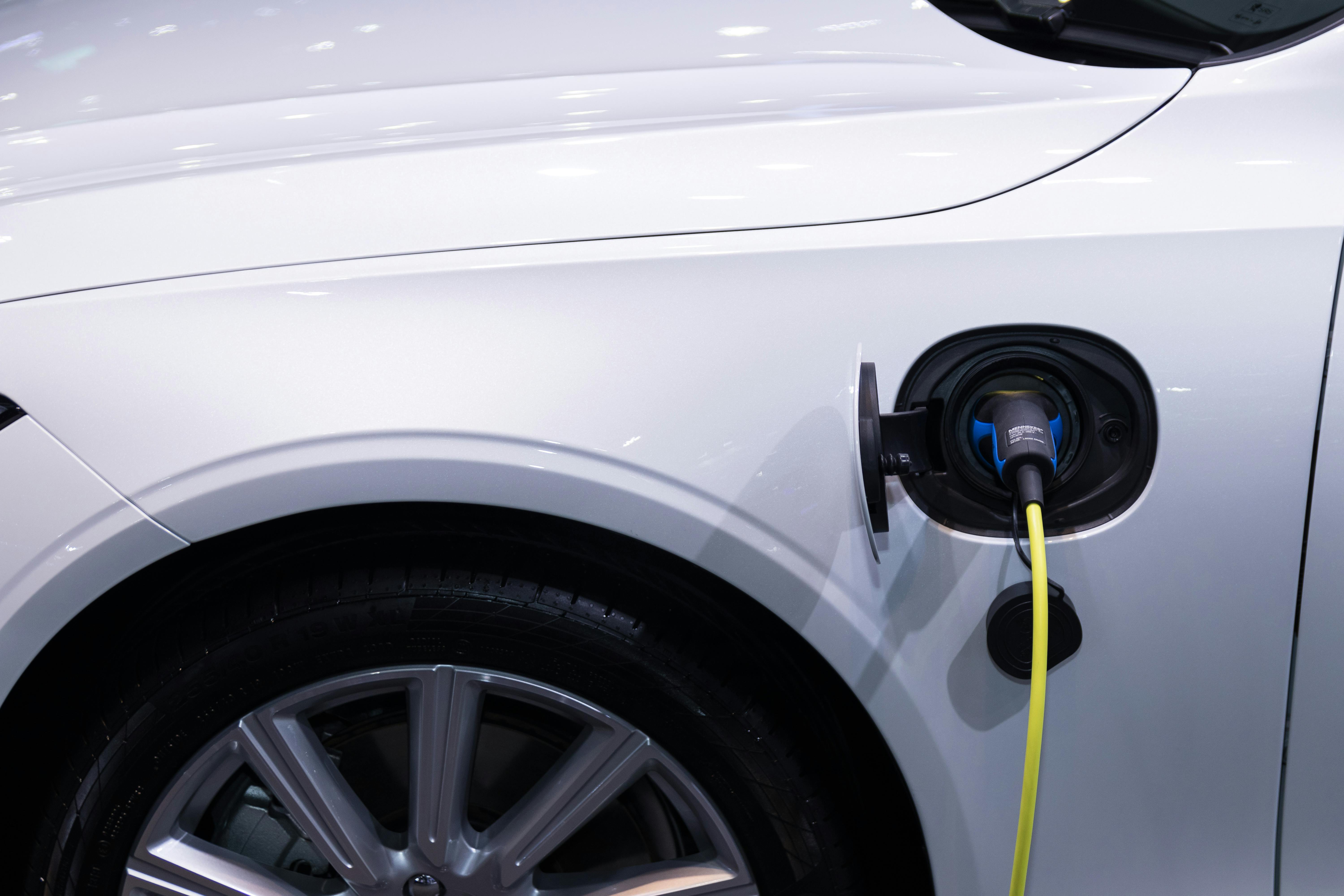
Anyone walking the convention floor at NADA in New Orleans a couple months ago couldn’t miss hearing about digital transacting. Dealer websites are in the midst of a major transition from being browsing-focused, catalog sites of inventory and basic dealer information, to full on consumer applications with automobile leads solutions and more shopper-centric capabilities.
As websites make this shift, HTTPS security has become practically mandatory. Gone are the days of only securing financial information or framing in a finance form hosted on a third-party domain. Shoppers now expect security throughout their general web experiences, not only in ecommerce and email but also now in social media. Auto dealer website providers must deliver secure experiences to protect sensitive consumer information and data.
But it’s not all about the customer experience; site security is increasingly crucial from the dealership perspective as well. A fully secure digital retailing experience can help your dealership differentiate itself in your market. Additionally, your particular security configuration can even have a slight impact on dealership analytics – an impact that industry observers including Brian Pasch have recently made note of.
With that in mind, let’s take a closer look at the two primary approaches for site security today, and where the technology is headed:
When Dealer.com launched our integrated Digital Retailing solution – which included payment, finance and trade capabilities – at the end of 2014, we began launching HTTPS secure Dealer.com Websites in volume. Even just a few years ago there were a lot of hurdles to implementing SSL, including cost and a majority of third-party integrations that were not HTTPS-friendly/protocol relative. As a result, we implemented two mechanisms to secure Dealer.com Websites: full HTTPS, and a hybrid approach that uses a redirect when Digital Retailing is engaged.
Full HTTPS
Dealer.com recommends this approach for three reason: one, to satisfy today’s consumer expectations; two, to inspire shopper confidence, trust, and engagement with the website; and three, to help websites achieve better search ranking. For a more in-depth look at HTTPS, take a look at our article from January 2017. Full HTTPS is quickly becoming the standard to facilitate the type of engagement expected on modern consumer-centric websites.
Hybrid HTTPS
For dealers who choose not to enable full HTTPS on their site, Dealer.com offers a hybrid HTTPS approach. When dealers enable Digital Retailing, the system engages a redirect to a secure Dealer.com domain. The transition is seamless and does not negatively impact user experience. In fact, in our UX testing we rarely encounter users even noticing the redirect, although some do notice the secure green padlock in the URL/search bar as they begin entering sensitive information. That said, those users who have a hybrid HTTPS setup may notice what appears to be traffic inconsistencies in their analytics, since the security redirect can be measured as a separate page view.
The good news here is that hybrid approaches – and any corresponding impact on analytics – will soon be phased out. Looking toward the future, a Secure Sockets Layer (SSL) will become a standard, non-negotiable feature, especially as the capability to enable shoppers to start deals online – and eventually transact online – through Digital Retailing becomes standard functionality. The majority of third-party providers have caught up and now offer HTTPS-friendly, protocol relative code for site integration. And costs have gotten far more reasonable as certificate providers and content delivery networks (CDNs) have invested in scaling HTTPS.
The future of next-generation dealership websites is very exciting as personalization, Digital Retailing, and login-enabled shopper profiles become central to an evolved consumer-centric website experience – all of which are facilitated by secure websites. Familiar capabilities from shopping and ecommerce sites that previously were not possible on dealer websites will become available, and soon become standards, thanks in large part to the shift to HTTPS.
Bob George is the director, product management, websites at Dealer.com


